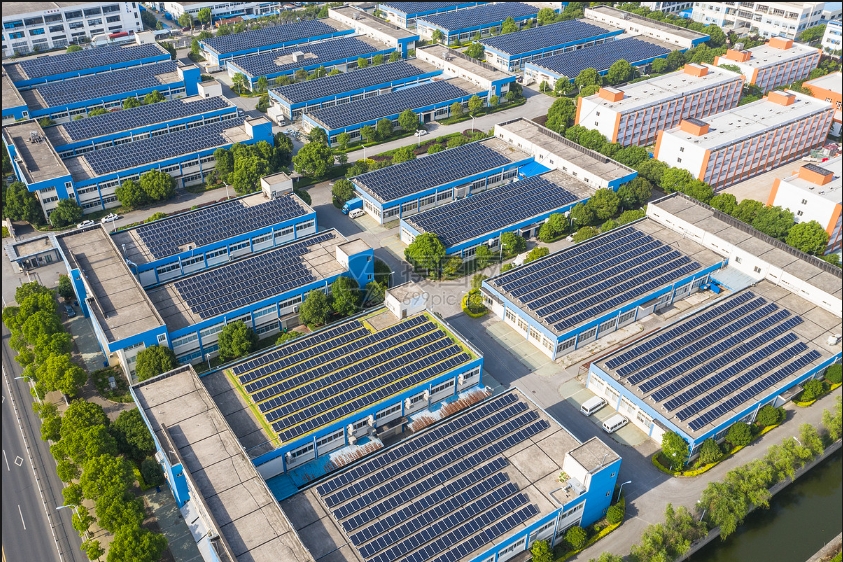
Connecticut's Public Utilities Regulatory Authority (PURA) has recently announced updates to the Energy Storage Solutions program aimed at increasing accessibility and adoption among residential customers in the state. These changes are designed to enhance incentives for installing solar and storage systems, particularly in low-income or underserved communities.
Under the revised program, residential customers can now benefit from significantly higher upfront incentives. The maximum upfront incentive has been raised to $16,000, a substantial increase from the previous cap of $7,500. For low-income customers, the upfront incentive has been boosted to $600 per kilowatt-hour (kWh) from the previous $400/kWh. Similarly, for customers residing in underserved communities, the upfront incentive has been increased to $450/kWh from $300/kWh.
In addition to these changes, Connecticut residents can also take advantage of the existing Federal Investment Tax Credit program, which provides a 30% tax credit on the costs associated with installing solar and battery storage systems. Furthermore, through the Inflation Reduction Act, an extra energy investment credit is now available for solar installations in low-income communities (providing 10% to 20% additional tax credit value) and energy communities (offering an additional 10% tax credit value) for third-party owned systems such as leases and power purchase agreements.

Further developments to the Energy Storage Solutions program include:
1. Commercial Sector Incentive Review: Recognizing the strong demand in the commercial sector since the program's inception in 2022, project approvals will be temporarily halted on June 15, 2024, or earlier if the 100 MW capacity limit in Tranche 2 is fully utilized. This pause will remain in effect until a ruling is made in the Year Four Decision in Docket 24-08-05, with approximately 70 MW of capacity still available in Tranche 2.
2. Expansion of Multifamily Property Participation: The updated program now extends eligibility for the low-income incentive rate to multifamily affordable housing properties, expanding opportunities for participation in energy storage initiatives.
3. Recycling Working Group: PURA has called for the establishment of a working group led by the Green Bank and comprising relevant stakeholders, including the Department of Energy and Environmental Protection. The group's objective is to proactively address the issue of solar panel and battery waste. While not currently a prevalent concern in Connecticut, the Authority emphasizes the importance of developing solutions promptly to ensure the state is prepared for any future challenges related to solar and battery waste management.
These program enhancements reflect Connecticut's commitment to promoting clean energy solutions and creating a more sustainable future for all residents. By incentivizing the adoption of solar and storage technologies, particularly in underserved communities, the state is taking proactive steps towards a greener and more resilient energy landscape.
Media Contact
Company Name: Amensolar ESS Co., Ltd.
Email: Send Email
Country: China
Website: https://www.amensolar.com/




